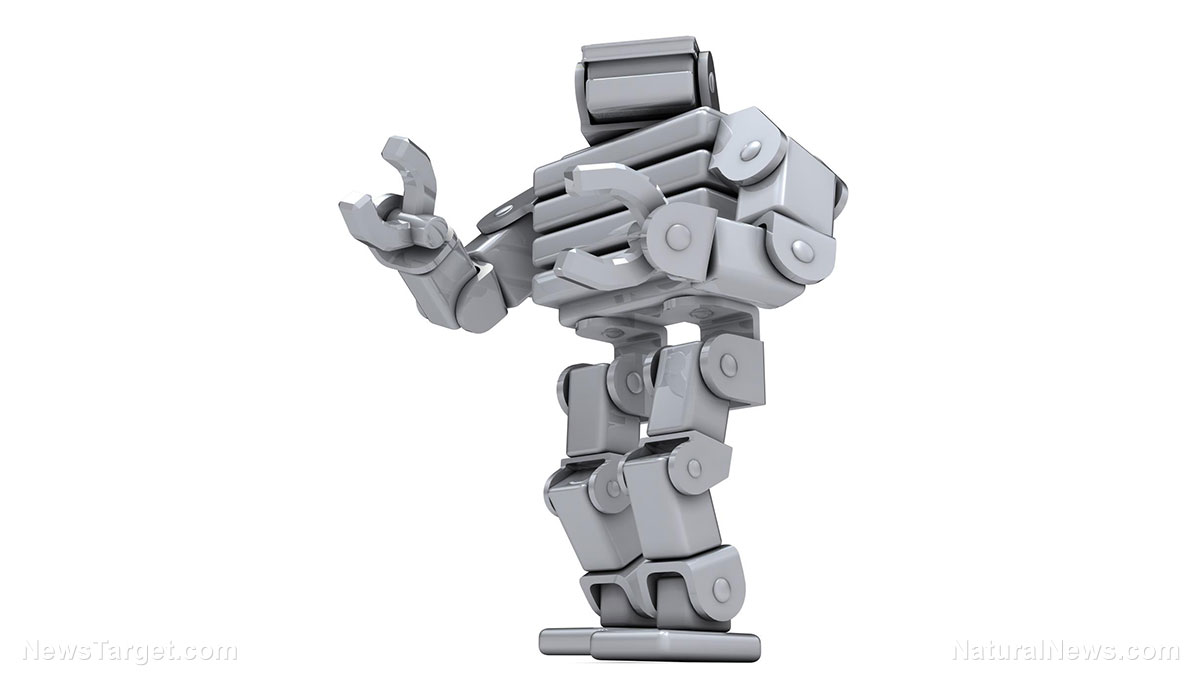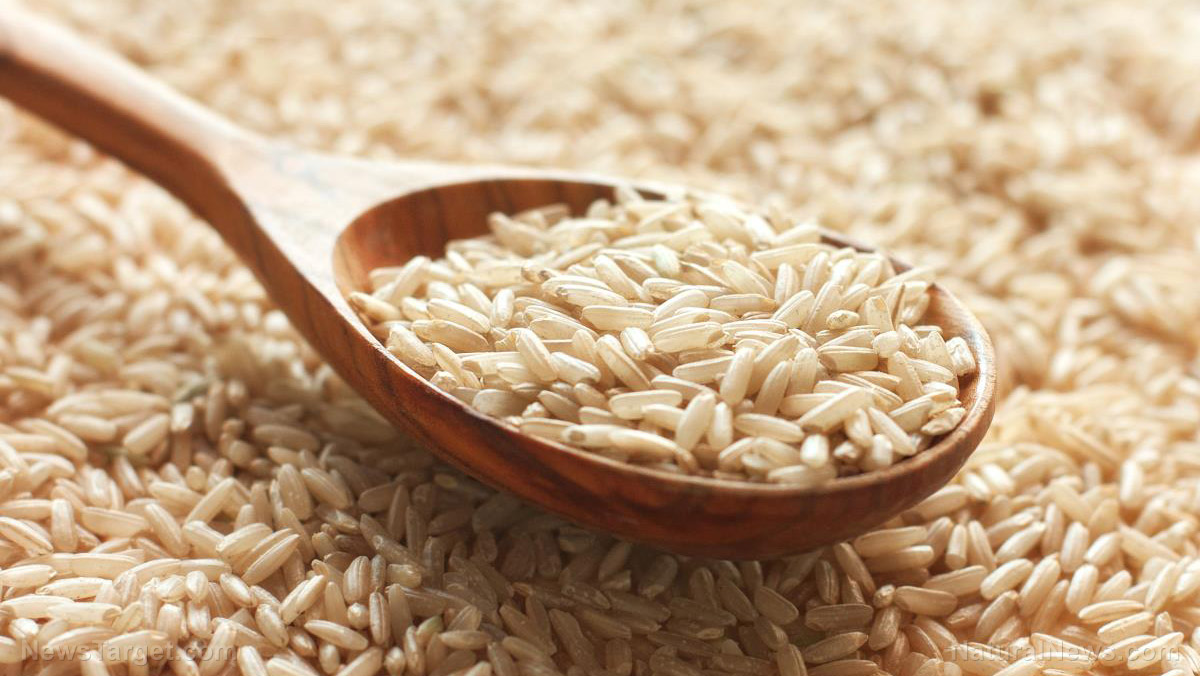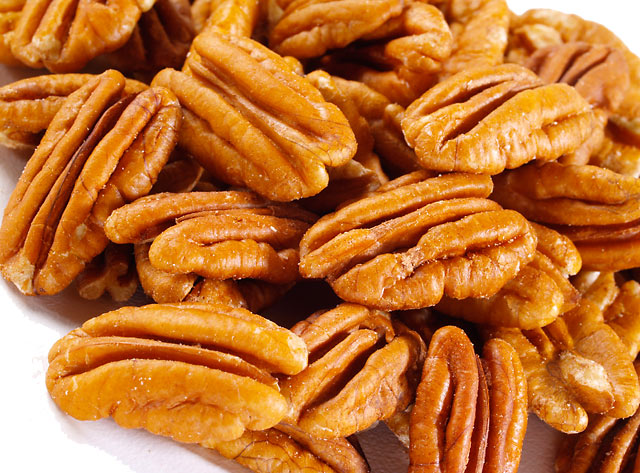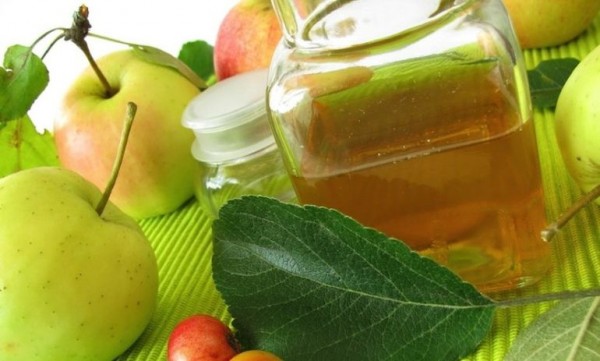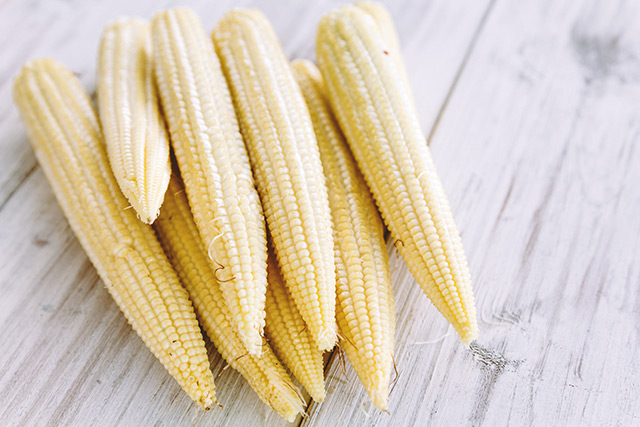As part of an international effort to revitalize cucumber farming, a European team presented a prototype robot that could replace human workers, stated a ScienceDaily article.
The dual-arm robot falls under the European Union’s CATCH project. It’s considered a major step in automating and preserving the practice of crop cultivation in Germany.
Cucumbers are serious business in Germany. They’re harvested by hand by seasonal workers who lie prone on the wing-like side extensions of an odd-looking vehicle called a “cucumber flyer”.
As the cucumber flyer passes near the plants, its low-lying riders gently pluck the ripe gourds. Their harvest will end up in pickle jars, sandwiches, and harshly-named but delicious German foods like Gurkensalat (cucumber salad).
This method of manual harvesting requires lots of labor and energy. And it’s gotten less profitable as the years go by.
The introduction of minimum wage in Germany has raised the per-unit costs of harvesting. Feeling the economic pinch, German cucumber farms have begun to abandon traditional agricultural regions in their homeland for Eastern Europe and India, where labor costs are much lower.
If cucumber farming is to remain economically viable in Germany, harvesting technology must witness significant improvements that would make it cheaper and more profitable.
That’s where CATCH comes in. The Cucumber Gathering — Green Field Experiments project is investigating the automation of cucumber harvests under the auspices of the European Union. The crown jewel of CATCH is a dual-arm robot built from cheap lightweight modules. In addition to picking cucumbers with high speed and human care, the robot should see useful service in other agricultural applications.
The robot must be able to identify ripe crops, gently pick the gourds with its gripper arms, and store them without damage. It has to fulfill this tall order of tasks in all kinds of weather. CATCH developed control methods that grant the robot tactile perception and the ability to adjust to ambient conditions. The resulting dual-arm robot system is capable of mimicking a range of human motions.
Researchers are working to ensure that the automated harvester avoids damaging crops or the actual plant. They also need to make the robot capable of at least matching the 13-cucumbers-a-minute picking speed of a veteran human worker. (Related: Your barista is being replaced by a robot, already in use in Japan.)
The challenge
Building an autonomous robot with human-like senses, assessment, and evaluation is difficult enough. Cucumber harvesting imposes additional demands on the machine worker.
The CATCH robot picker must be able to spot cucumbers in the field. It needs to move across the cropland in search of randomly-distributed crops that may be hidden underneath plant cover. And it has to do so in changing light conditions.
One way to overcome these daunting challenges is to use multispectral cameras. Coupled with intelligent image processing, the robot can spot cucumbers and guide its own gripper arms.
Project experts adapted an existing task-oriented programming system taken from the humanoid industrial assembly robot Workerbot I. Preprogrammed behavioral patterns will allow the new cucumber picking robot to search for objects using its gripper arms alongside its cameras.
If all goes well, the resulting intelligent control system can make judgement calls. It will be able to give specific orders to a certain gripper arm, keep an eye on cucumber picking, and handle the occasional exception.
Testing
Initial field tests of the CATCH robot cucumber picker took place at a test site run by the Leibniz Institute for Agricultural Engineering and Bioeconomy in July 2017. The robot passed the first round of testing. Further tests followed in a Leibniz Institute greenhouse during fall 2017. Researchers paid a keen eye on how the system handled interference and malfunctions.
The CATCH project saw its official debut at the international trade fair Agritechnica in November 2017. Displayed at the German Agricultural Society (DLG e.V.) booth, the dual-armed cucumber picker excited agricultural associations, companies, and cucumber farmers in attendance.
Follow more news on the advancement of robotics technology at Robotics.news.
Sources include:
ScienceDaily.com
Fraunhofer.de
Echord.eu

